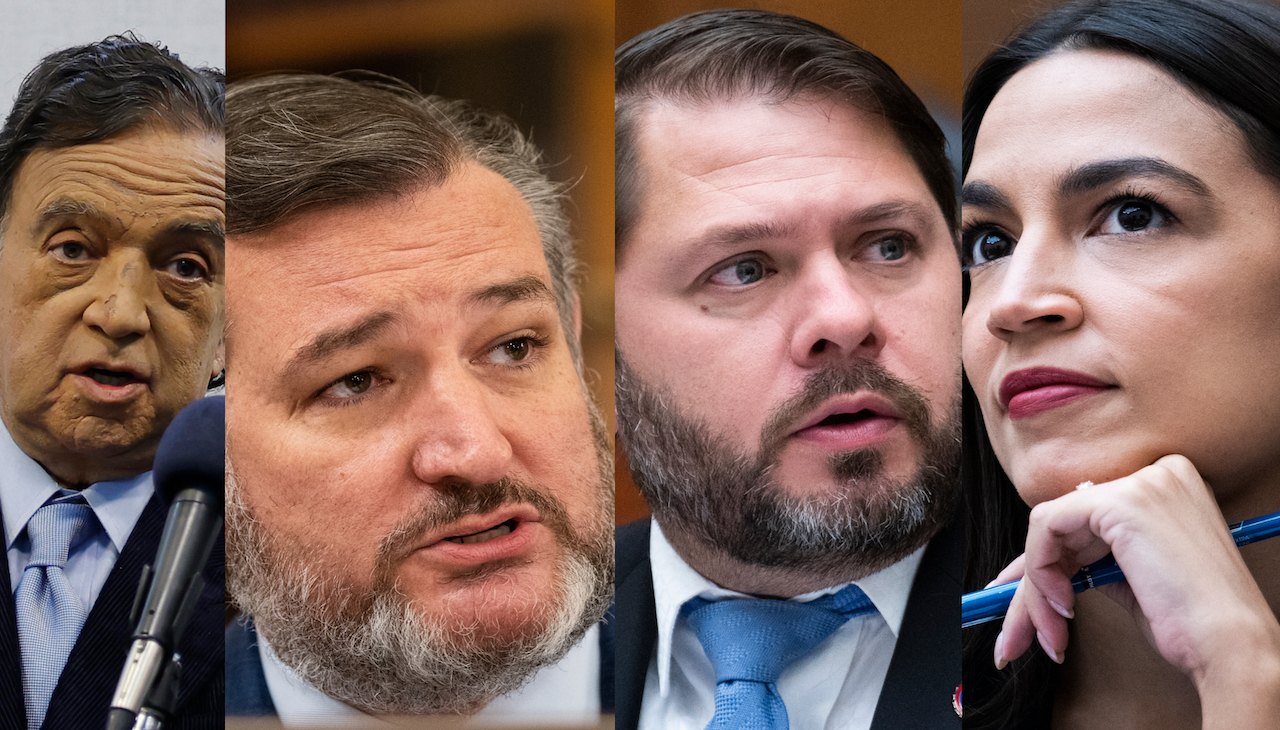
President’s Day 2023: What Latinos have run for president, and who could in the future?
Several prominent Latino leaders could successfully become the first U.S. Latino Commander in Chief.
Editor'z Note: A previous version of this article listed Rep. Robert Garcia as a potential future U.S. Presidential candidate. Only U.S.-born citizens can be president. Garcia was born in Lima, Peru, disqualifying him from ever running.
U.S. politics — across all branches of government — has historically been a majority-white environment.
It took the country over two centuries to elect its first Black President. Barack Obama’s Presidency – in part – inspired the rise in prominent Latino and Black political leaders in both the U.S. House and Senate throughout the late 2000s and 2010s to now.
From Congresswoman Alexandria Ocasio Cortez to newcomer Maxwell Frost, it has never been a better time for Latinos to imprint their perspectives and adequately represent their communities and traditions in D.C.
And very few have ever tried to run for President.
But with a larger candidate pool than ever previously available, a growing political presence and community, it is no longer a stretch that a Latino could lead the nation in our lifetime.
So who’s run already?
Former candidates
Ben Fernandez
Long before Texas Representative and former HUD Secretary Julian Castro ran for President in 2020 — more than 40 years ago — existed a Republican Latino who sought the office on three separate occasions.
Financial consultant, special ambassador, and longtime politician Ben Fernandez ran for President three consecutive times — 1980, 1984 and 1988 — with the first being the most serious challenge and the last two carried out with little to no effort.
He was the country’s first major-party Latino Presidential candidate.
Born to Mexican immigrants on the railroad yards of Kansas City, Kansas, Fernandez served in World War II for three years as a part of the U.S. Air Force. Upon returning from war with little money and only G.I. benefits, Fernandez enrolled into the University of Redlands in California where he graduated with an Economics degree.
After some time in New York City and Kansas, he became a consulting economist in the organization of savings and loan associations and commercial banks. His work attracted national attention and he was asked to testify over 500 times under oath before federal and state agencies from 1960 through 1976.
His various ventures made him a millionaire.
His successful business career led him to get involved with politics in the mid-to-late 1960s and he eventually founded the Republican National Hispanic Council where he was elected the national chairman.
The name would later change to the Republican National Hispanic Assembly and became an official branch under the Republican National Committee under then-RNC Chairman, President George H. W. Bush.
The organization served as a fundraiser for several GOP candidates such as Richard Nixon in 1972, who in 1973, appointed Fernandez as the U.S. Special Envoy to Paraguay.
His 1980 presidential run fell short as he ran in a crowded primary field. He appeared on the ballot in 18 primaries and received 25,520 votes nationally, which was enough to win 30 delegates at the GOP nominating convention.
Fernandez campaigned in both English and Spanish, where he fought for private enterprises and said they can do a better job than the government and called for a balanced federal budget.
Bill Richardson
Fernandez’ status as the nation’s first serious Latino presidential candidate would fade over the years before it was questioned by many, when New Mexico Governor Bill Richardson declared himself to be the first during the 2008 Presidential campaign.
Two-term serving Governor Richardson was New Mexico’s 30th Governor and formerly the U.S. Ambassador to the United Nations and Energy Secretary during the Clinton administration, a U.S. Congressman, chairman of the 2004 Democratic National Convention, and chairman of the Democratic Governors Association.
Born to an American banking executive father and a Mexican secretary in Pasadena, California, Richardson grew up in the Mexico City borough of Coyoacán — the historic center of the capital.
Richardson sought the Democratic nomination in 2008, but ultimately dropped out due to low numbers in the first primary and the caucus contests.
Marco Rubio
Lawyer and controversial Florida Sen. Marco Rubio is the son of Cuban refugees and grew up in South Beach Miami, Florida.
He previously served as Speaker of the Florida House of Representatives from 2006 to 2008 and unsuccessfully sought the Republican nomination for President in 2016, winning presidential primaries in Minnesota, D.C. and Puerto Rico.
He served as a city commissioner for West Miami in the 1990s, and was elected to represent the 111th district in the Florida House of Representatives in 2000. Rubio was elected to the U.S. Senate in 2010, a seat that he has held since 2011.
Rubio decided to run for President in April 2015 before suspending his campaign on March 15, 2016, after losing the Florida Republican primary to Donald Trump — the eventual winner of the election.
After initially deciding against running for reelection to the Senate, he would go back and win a second term later that year. During the 2016 Republican presidential primary campaign in which the two were opponents, Rubio was highly critical of Trump before ultimately opting to endorse him.
Because of Rubio’s strong influence in Florida, particularly among Florida Latinos and an influence on U.S. policy in Latin America, he was once described as the GOP’s Latino Secretary of State during the Trump Administration.
His particular views on immigration reform, gun control, and abortion have been criticized, but is the kind of rhetoric that can influence enough people to give him their votes, unless Trump once again steals the attention.
Ted Cruz
Longtime Texas Senator Ted Cruz — like Rubio — has been at the helm for over a decade after assuming office in 2013. He was previously the Solicitor General of Texas from 2003 to 2008.
Born to Rafael Cruz, an evangelical preacher and Cuban-American refugee, Cruz was originally an attorney and law graduate from Harvard University before pursuing a career in politics full-time.
In 2012, Cruz became the first Latino-American from Texas to serve in the U.S. Senate, whose consistent Republican takes on issues such as immigration, the economy, and social policy especially during the Obama Administration, made him a villainous figure among liberals.
In 2016, Cruz challenged Donald Trump for the Republican presidential nomination — ultimately placing second behind Trump in the primary. The two personally and publicly attacked each other on numerous occasions during that campaign, only for Cruz to become a fan and staunch election denier during Trump’s presidency and later loss to Joe Biden in 2020.
RELATED CONTENT
With the history and credentials to back him, Cruz could decide to throw his hat in the candidate pool once again with 2024 nearing, but nothing has suggested that would happen again.
Julian Castro
Mexican-American lawyer and politician Julian Castro is the twin brother of U.S. Texas Congressman Joaquin Castro and the son of longtime educator and civil rights activist, Maria Castro.
Born in San Antonio, he was the youngest member of President Barack Obama's cabinet where he served as the 16th U.S. Secretary of Housing and Urban Development from 2014 to 2017.
Castro was also the Mayor of San Antonio from 2009 until he joined Obama's cabinet in 2014.
He was a possible running mate for Hillary Clinton during the 2016 presidential campaign before launching his campaign for the Democratic nomination for the 2020 Presidential campaign.
Castro dropped out of the race in January 2020, endorsing the candidacy of Sen. Elizabeth Warren instead.
Future candidates
Alexandria Ocasio-Cortez
AOC is one of the nations most recognizable and famous Latina figures in politics.
The New York representative has in a short time paved the way for young women, prospective politicians, and voters, and is at the right age and stage in her career to lead a new generation of Americans and a new wave of young voters.
Apart from former and current world leaders, AOC is one of the most followed politicians in the world with a combined near 15 million followers on Twitter and Instagram, and arguably one of the more popular and controversial ones because of her large presence.
She will be 35 by 2024 and with her growing social media and celebrity-like popularity and presence, she could very easily rack up the millions of dollars needed to run a successful presidential campaign.
The only factors holding that possibility back would be her youth, and her unpopularity among older voters, Republicans, and a huge swath of the electorate. AOC has also been outspoken against her own party leadership in D.C., even the president himself.
But nothing is out of reach for AOC, who could decide to take a chance.
Ruben Gallego
Arizona Congressman and former Marine Veteran, Ruben Gallego has represented the Grand Canyon State since first being elected in 2015.
A former Iraq War Veteran, Gallego has long fought for the issues facing veterans when they return from battle, immigration, the economy, and much more. He most recently announced his challenge for Senior U.S. Senator Kyrsten Sinema’s seat where he has a good chance to make the leap to the Senate floor.
Gallego’s over 194,000 followers puts him with some of the more popular U.S. officials and if elected to the Senate, would be the first Latino to represent Arizona in the U.S. Senate.
He also brings history with him as his first foray in public service was working on ballot initiatives in Phoenix, later serving as a Chief of Staff for a member of City Council and Vice Chair of the Arizona Democratic Party.
He was elected to the state House of Representatives in 2010 and became a Minority Leader, fighting for Medicaid expansion, among other issues. He resigned in 2014 to run for Congress where he’s been re-elected six times.
Gallego is fighting for issues including immigration reform, inflation and the economy, and abortion.


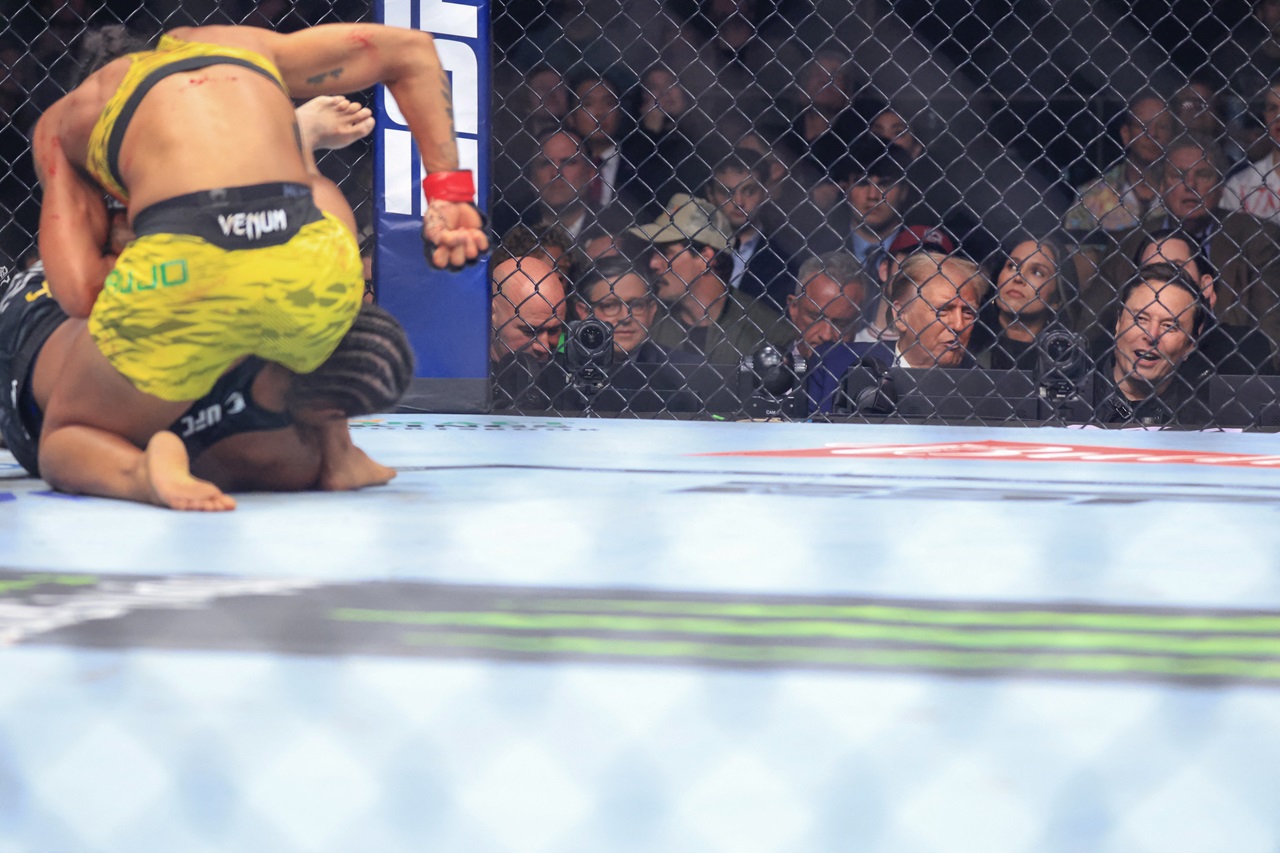



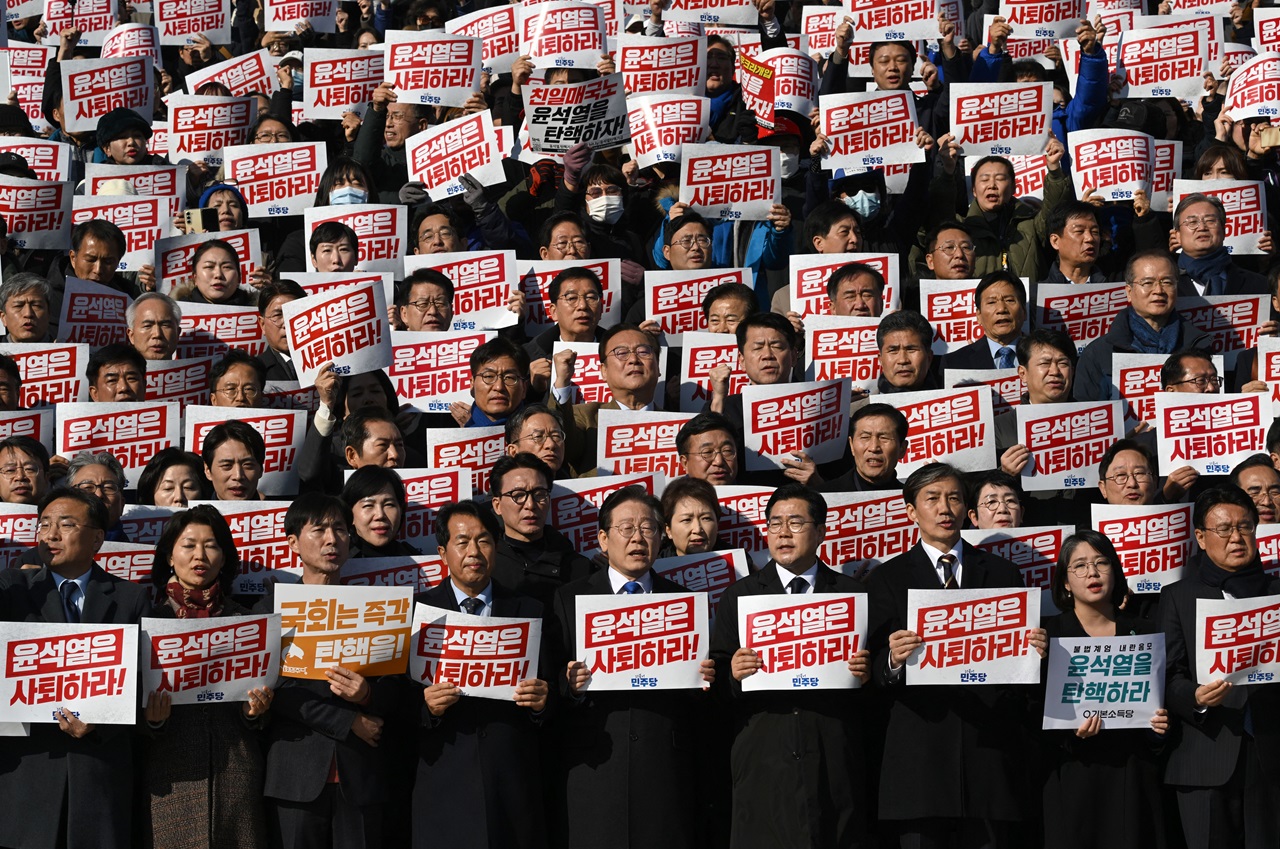
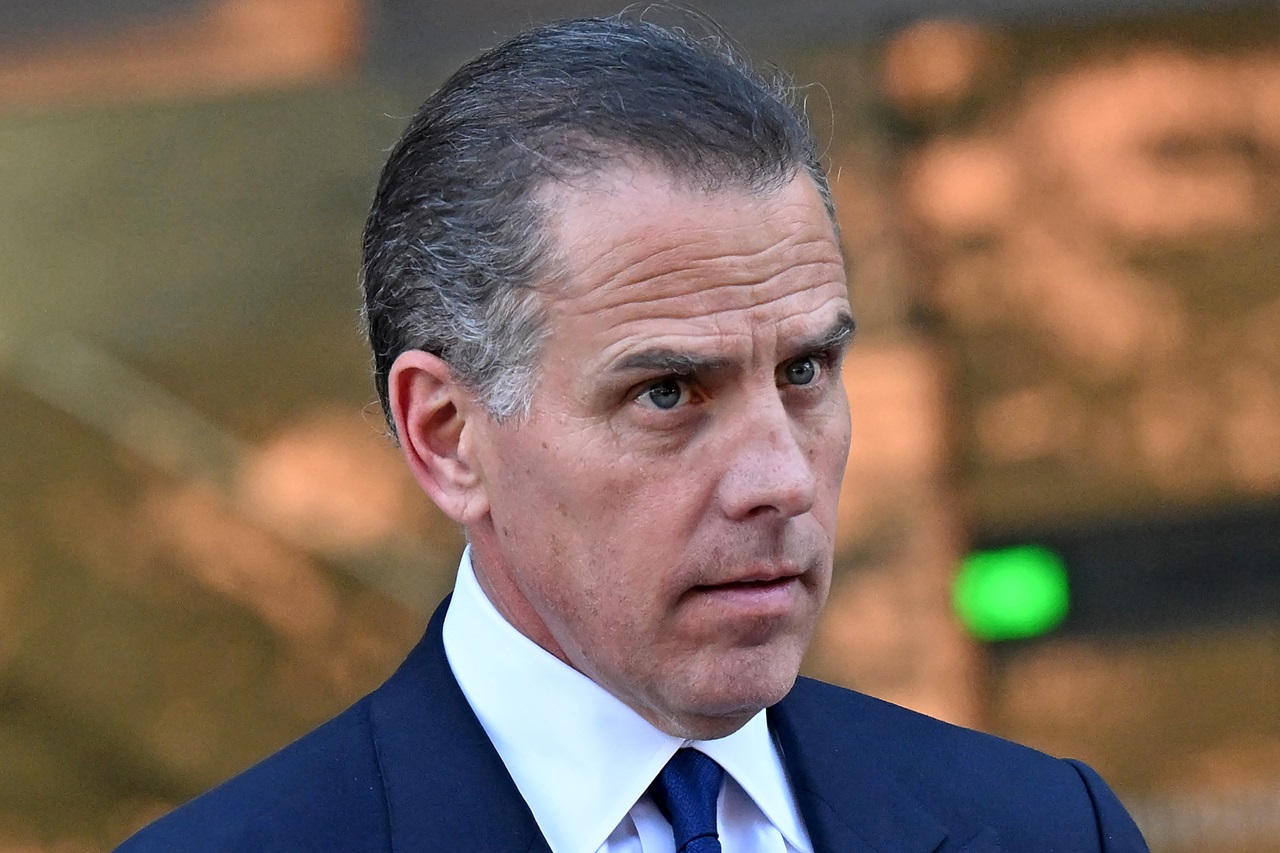
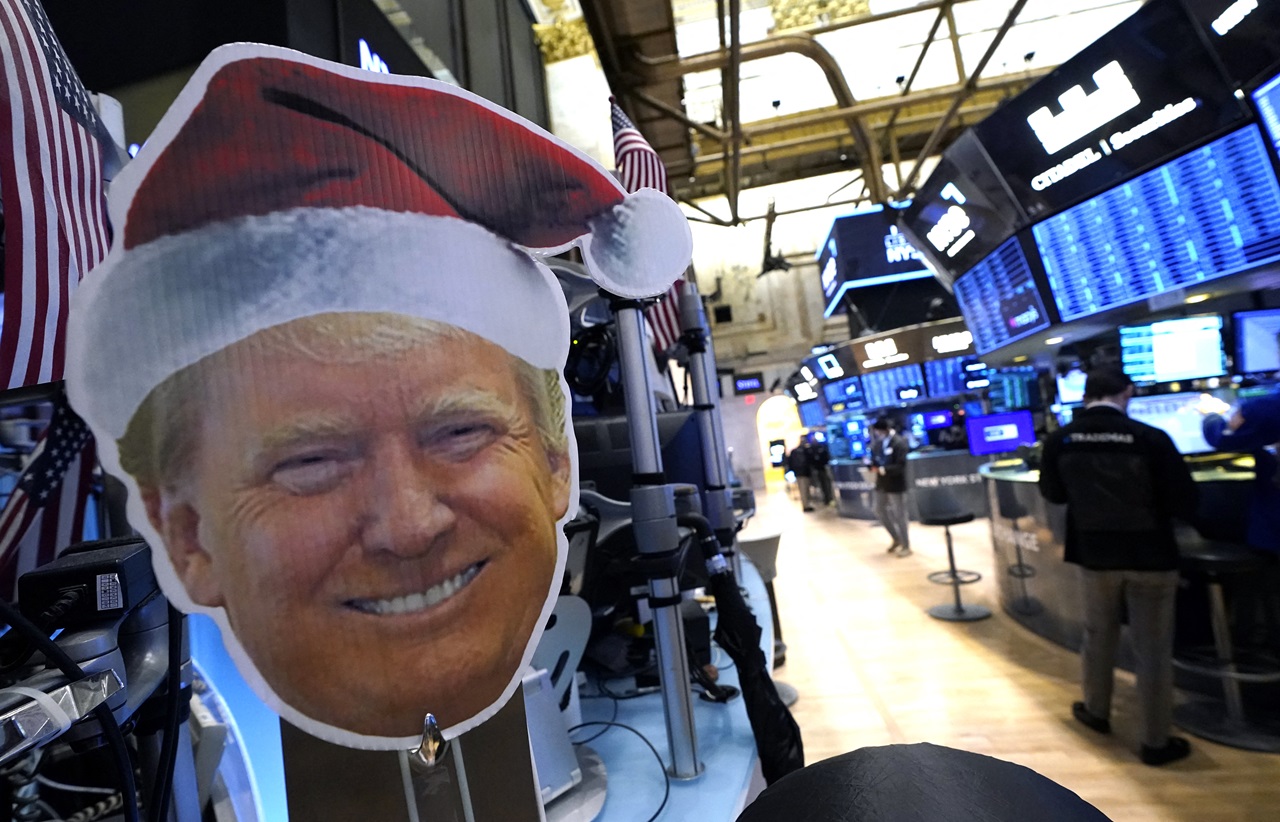
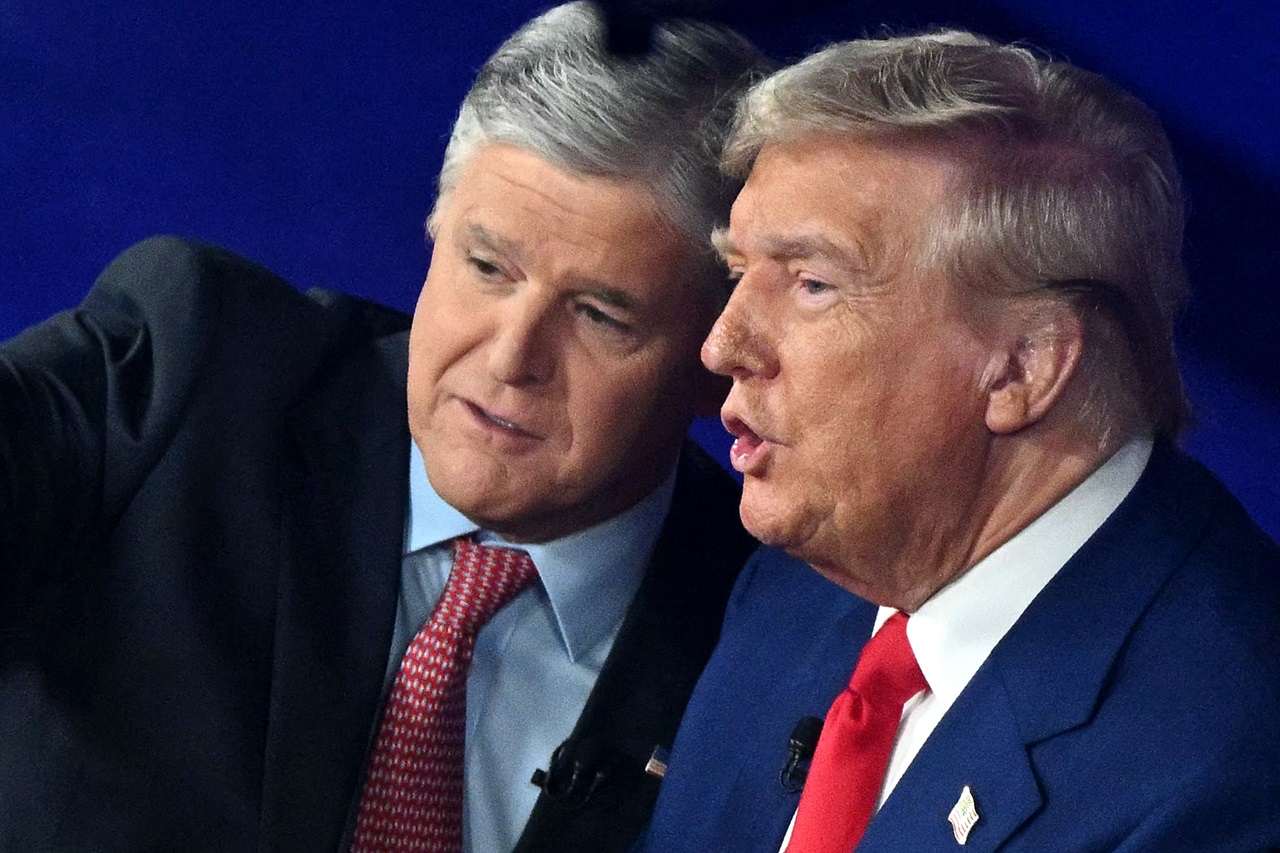

LEAVE A COMMENT:
Join the discussion! Leave a comment.